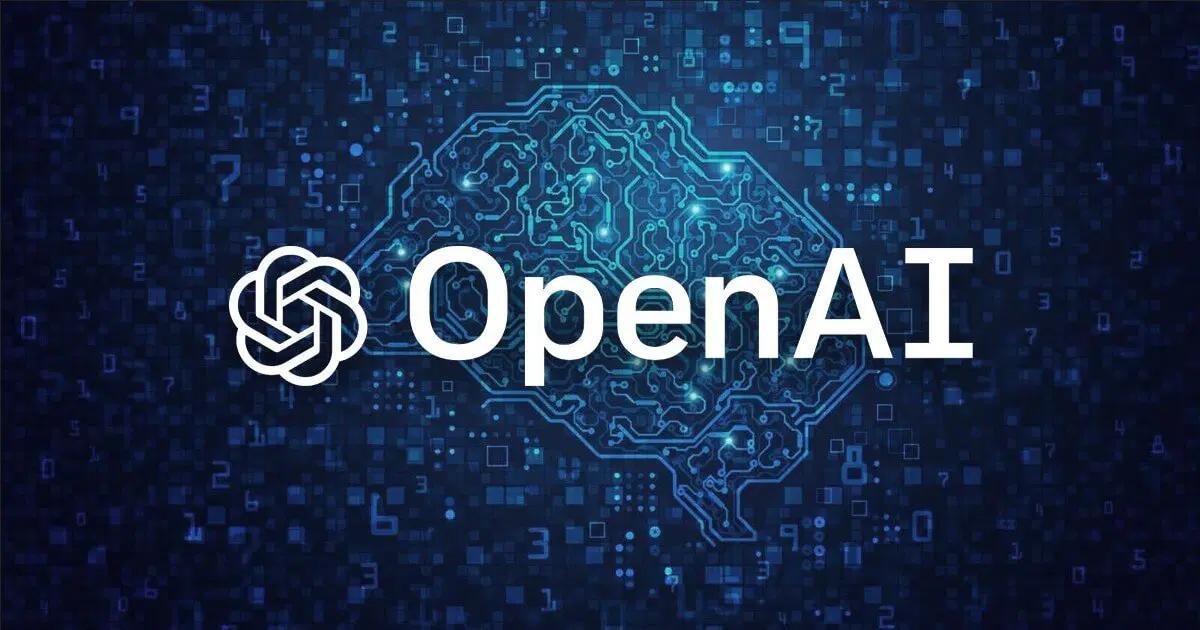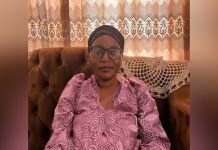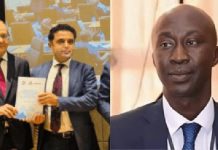Africa-Press – Gambia. OpenAI has officially chosen the University of Lagos (UNILAG) as the location for its first-ever Artificial Intelligence Academy in Africa, a milestone that strengthens the university’s reputation as a leading hub for innovation, research, and global collaboration on the continent.
The announcement took place during the opening ceremony of UNILAG’s 2025 International Week, held in Akoka, Lagos.
Themed “Equitable Partnerships and the Future of AI in Africa,” this year’s International Week brought together academics, innovators, government officials, and industry leaders from across the globe to explore how international collaboration can drive inclusive technological development in Africa.
Professor Afolabi Lesi, Deputy Vice-Chancellor (Development Services), described the International Week as an avenue for building global partnerships that deliver shared impact. He emphasized that beyond intellectual discussions, UNILAG’s ultimate goal is to transform dialogue into tangible outcomes.
“We are here to move from intent to results that can be seen and felt by our faculty, our students, our communities, and our nations. At UNILAG, internationalisation, research, industry engagement, and artificial intelligence meet in a way that is purposeful, ethical, and equitable,” Lesi said.
He further explained that UNILAG’s partnership approach is built on co-design and shared standards.
“Partners choose UNILAG because capability here is matched by contextual knowledge tested in real environments. Our engineers work with linguists, our clinicians with social scientists — so that technology answers to people and places, not the other way round,” he added.
Vice-Chancellor Professor Folasade T. Ogunsola described the event as a pivotal gathering of visionaries and urged African institutions to shift from being passive consumers to active creators in the global AI movement.
“Artificial Intelligence is not the future; it is the present. For Africa, AI represents an opportunity to leapfrog limitations and reimagine education, healthcare, governance, and industry. But for AI to truly serve Africa, the foundation must be equitable partnerships, rooted not in charity, but in shared growth, mutual respect, and co-creation,” Ogunsola stated.
She highlighted UNILAG’s ongoing research initiatives — including its Health Innovation Challenge, nuclear engineering partnerships, and medicinal plant research — as evidence that the university is creating solutions tailored to African realities.
“The future of AI is not in Silicon Valley alone; it is in Lagos, Nairobi, Kigali, Accra, Cairo, and Johannesburg, in the minds of young Africans who dare to dream, build, and lead,” she said to applause.
The highlight of the ceremony came when Mr. Emmanuel Lubanzadio, OpenAI’s Africa Lead, announced the establishment of the OpenAI Academy at UNILAG, marking the first of its kind on the continent.
Lubanzadio noted that the decision was driven by UNILAG’s rising prominence in artificial intelligence and emerging technologies, along with its dedication to equitable research collaborations.
“Truly, AI can be a great equaliser, and that is why OpenAI is adamant about providing access to all. We are excited to partner with an institution that believes in using technology to answer real human needs. The OpenAI Academy will nurture African talent and ensure that innovation isn’t concentrated in a few hands, but democratised across communities,” he said.
The announcement was met with enthusiastic applause from students, academics, and innovators, marking a significant step toward positioning Nigeria as a leader in AI education and research in Africa.
In a goodwill message, Dr. Bosun Tijani, Nigeria’s Minister of Communications, Innovation, and Digital Economy, commended UNILAG for taking the lead in shaping the nation’s AI landscape. Represented by Dr. Olubunmi Ajala, Director of the National Centre for AI & Robotics, Tijani described artificial intelligence as a transformative tool that could help Africa bridge existing inequalities.
He also revealed that the Tinubu Administration has initiated a national fibre optic project aimed at connecting all 774 local government areas with high-speed internet, ensuring that innovation and digital opportunities reach every Nigerian.
“Access to the capacity to innovate and create value must be democratised among all Nigerians,” Tijani affirmed.
Adding the private sector’s perspective, Ms. Yvonne Ike, Managing Director and Head of Sub-Saharan Africa at Bank of America, praised UNILAG for producing world-class graduates who excel globally.
“I don’t know what the water you drink here is made of, but your products are doing you proud. When they come up against students from Cambridge or Harvard, they shine — no complex, no hesitation,” Ike remarked.
She underscored that Africa’s greatest strength in the AI era lies in its people.
“Our future doesn’t depend on the technology itself. It depends on who builds, deploys, and benefits from it,” she concluded.
For More News And Analysis About Gambia Follow Africa-Press






